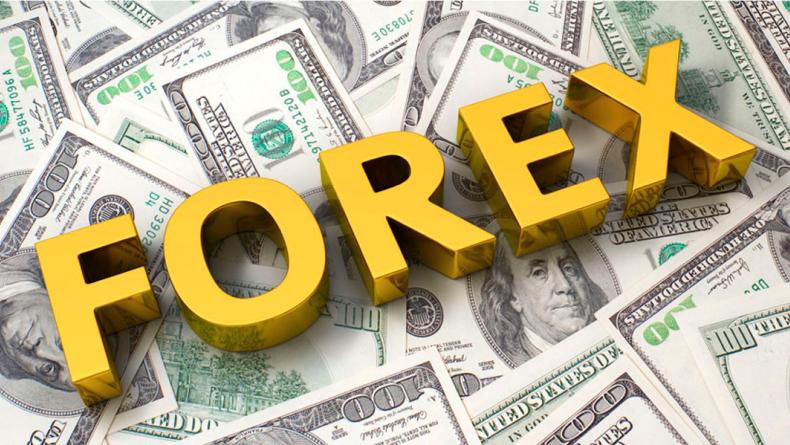Defining the Forex Market
The Forex (Foreign Exchange Market) is the largest financial market in the world, where foreign currencies are traded daily. Also known as the foreign exchange market, its daily trading volume exceeds $6 trillion, making it more liquid than the stock and bond markets combined.
In this market, currencies such as the US Dollar (USD), Euro (EUR), Japanese Yen (JPY), and British Pound (GBP) are bought and sold with the aim of profiting from their price fluctuations.
How Does the Forex Market Work?
Forex trading is based on the exchange of currencies in pairs, such as:
- EUR/USD (Euro against US Dollar)
- GBP/USD (British Pound against US Dollar)
- USD/JPY (US Dollar against Japanese Yen)
When you buy a currency pair, you expect the value of the first currency (the base currency) to rise against the second currency (the quote currency), and vice versa when selling.
Practical Example:
- If you bought the EUR/USD pair at a price of 1.1000, and then the price rose to 1.1200, you would make a profit of 2% (200 pips).
Who Trades in the Forex Market?
- Banks and Financial Institutions (such as JPMorgan, Deutsche Bank).
- Multinational Corporations (that need to convert currencies for their international operations).
- Individual Speculators and Investors (through brokers).
- Central Banks and Governments (to influence monetary policy).
Advantages of Forex Trading
- ✅ 24-Hour Trading (5 days a week) due to different global time zones.
- ✅ Very High Liquidity, making it easy to enter and exit trades.
- ✅ Potential to Profit in Both Directions (up or down).
- ✅ Leverage allows trading with a small capital.
Risks of Forex Trading
- ❌ Rapid Volatility can lead to significant losses, especially with leverage.
- ❌ Potential for Fraud if you choose an unregulated broker.
- ❌ Susceptibility to Political and Economic Events such as elections or interest rate changes.
How to Start Forex Trading?
- Choose a Reliable and Licensed Broker such as:
- XM
- Forex.com
- Pepperstone
- IG
- Open a Demo Trading Account to practice trading without risk.
- Learn the Basics of Technical and Fundamental Analysis to understand price movements.
- Start with a Small Capital and avoid risking more than 1-2% of your capital per trade.
Best Forex Trading Strategies
- Day Trading – Closing trades within the same day.
- Swing Trading – Profiting from medium-term market movements.
- News Trading – Capitalizing on price volatility after economic events.
Conclusion: Is Forex Right for You?
- If you are looking for a dynamic and fast-paced market, Forex might be a good option.
- However, it requires continuous learning, discipline, and risk management.
- Start with a demo account, and avoid risking money you cannot afford to lose.



